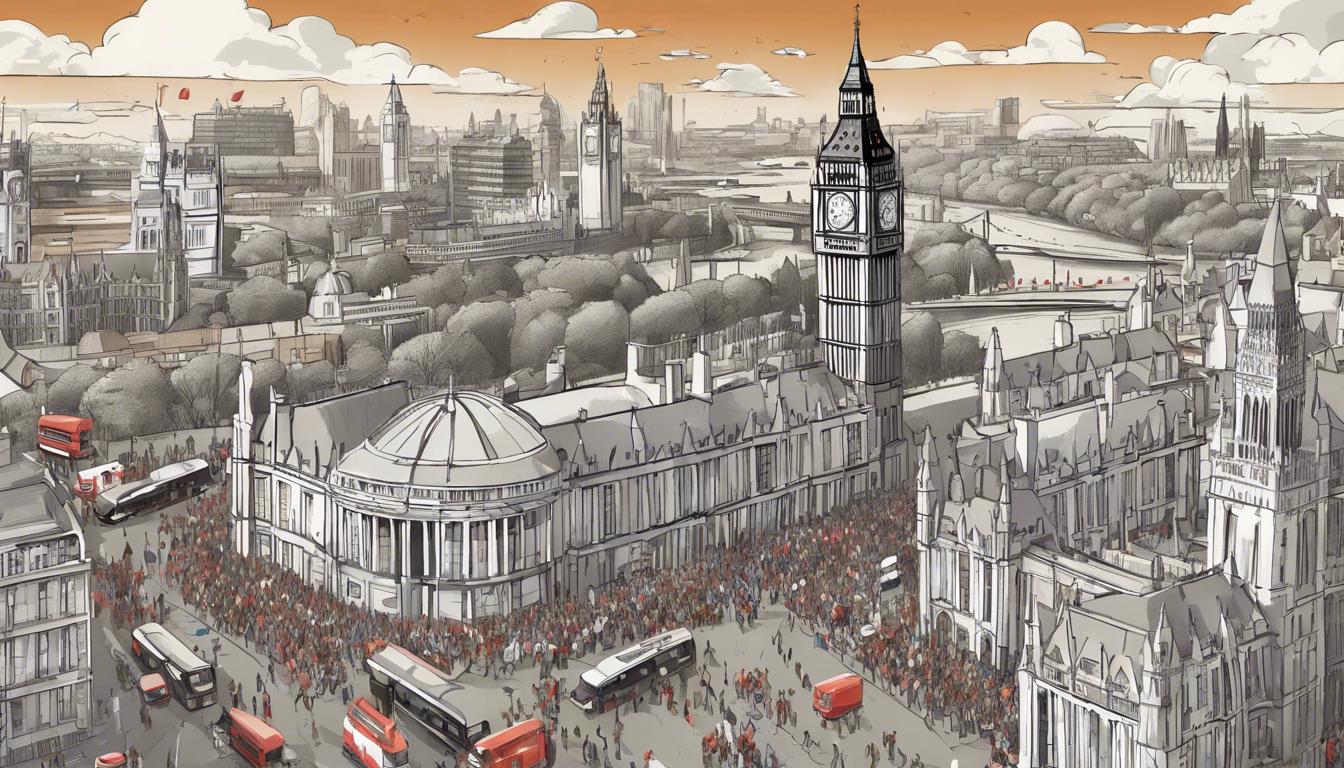On May 2nd, England will hold significant local elections to elect over 2,600 councillors and 10 metro mayors, marking a critical measure of party popularity before the national general election.
On May 2nd, England will conduct local elections to choose over 2,600 councillors and 10 metro mayors. This event is seen as a precursor to the forthcoming general election, with major political parties like Labour and Conservative each defending about 1,000 seats, while the Liberal Democrats and Greens also contest for significant numbers. Key areas of focus include the West Midlands, Tees Valley, and the East Midlands, alongside London where Mayor Sadiq Khan seeks a third term. The elections are viewed as a critical gauge of political party popularity ahead of the national polls.
The Green Party, through its co-leaders Carla Denyer and Adrian Ramsay, has launched its campaign focusing on solving the housing crisis, especially in cities like Bristol. They aim to elect a record number of councillors, building on past successes in places like Stroud, Hastings, and Worcester. Their campaign highlights various issues including affordable housing, ending the Right to Buy scheme, and implementing rent controls.
In London, the mayoral election draws attention with 13 candidates in the running. Incumbent Mayor Sadiq Khan is the frontrunner, with Conservative candidate Susan Hall being his closest competitor. Other candidates such as Laurence Fox have faced challenges in their campaigns. Issues like crime rates, housing, women’s safety, police reform, climate action, and animal welfare are among the focal points of the candidates’ campaigns.
These local elections are poised to be an essential indicator of voter sentiment and party strengths ahead of the general election, with all parties keenly aware of the stakes involved.













